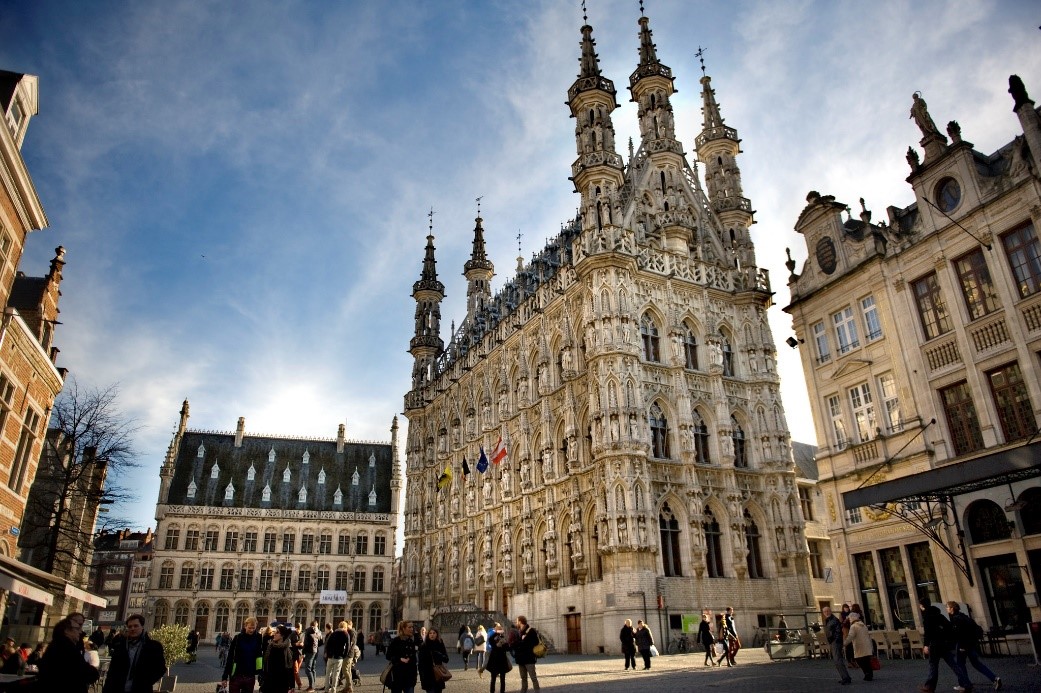Leuven's Pilot City Activity

©Marco Mertens
Description of activities
Leuven aims to develop new tools and capabilities across governance, policy, and finance to support and enable the implementation of the city’s energy strategy while creating spillover effects that benefit the city’s overall net-zero effort. The city’s energy strategy targets emissions from energy use in buildings and has a particular focus on decarbonising heating, paired where appropriate, with interventions on retrofitting and renewable electricity. The development of collective heating systems on a district level, potentially leading to a city-wide heating network, is an essential part of the energy strategy.
The pilot activities aim to activate multiple levers of change:
- Cross-departmental climate planning and execution;
- Distributed leadership and agency, activated through Civic Contracting;
- Blended finance, raised and deployed through a municipal investment vehicle and guaranteeing financial participation of apartment owners and residents;
- Place-based participation and implementation of apartment-building owners and residents, creating tangibility and direct impact;
- Learning and sensemaking, enabling better decision-making.
Objective
To decarbonise the heating system, paired, where appropriate, with retrofitting and deployment of renewable electricity.
Are the pilot activities building upon or part of a previous and/or existing activity?
The project builds upon several existing activities, including:
- Development of the city’s energy strategy;
- The long-standing practice of collaborative governance in Leuven;
- Leuven’s ongoing efforts to attract net-zero finance;
- A pre-existing structure to raise and deploy civic capital;
Multiple planned city development and public domain reconstruction projects.
Which emissions domains will the pilot activities address?
Systemic transformation – levers of change the pilot activities will exploit
Stakeholder types that you would like to engage in the pilot activities
Transferable features of your pilot activities to a Twin City/ies
- A methodology to address similar barriers of working in silos within the municipality and lack of experience with capital and investment planning.
- An approach to reduce emissions domains on energy use in buildings, with a particular focus on emissions from heating, specifically aqua thermal heating harvested from the city river and other waterways such as the canal.
- Mature governance model to support the net-zero transition, and good cooperation with stakeholders, including citizens organised in an energy cooperative – distributed leadership.
- Guidelines for (multi-stakeholder) capital and investment planning for large-scale energy infrastructure.
This answer is not exhaustive and simply an indicative one.
Components of the transferable features
- A hands-on toolbox for mainstreaming climate action across silos within the municipality.
- A methodology for catalysing action and increasing accountability within a community of stakeholders.
- A step-by-step guide to the district energy transition.
- A prototype of a municipal investment (probably multi-stakeholder) vehicle to raise and deploy capital for the energy transition.
This answer is not exhaustive and simply an indicative one.
What does the city want to learn from Twin City/ies?
Knowledge and experience in the development or use of local investment vehicles or a local energy company.
This answer is not exhaustive and simply an indicative one.

